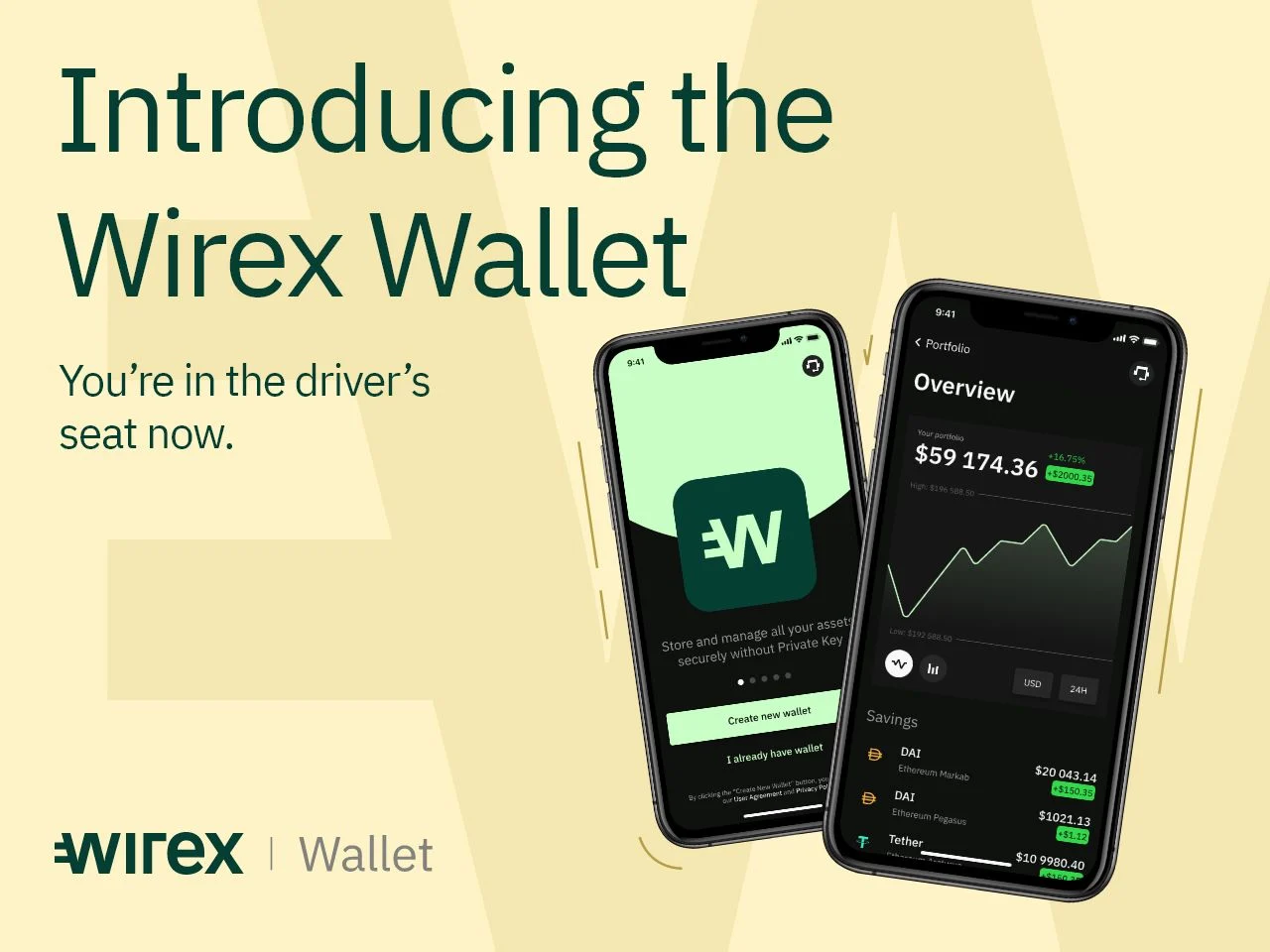Courtesy of Tim DeSoto
- Tim DeSoto founded an AI-native company after a long career in corporate leadership.
- DeSoto said that the business strategy roles he took on prepared him for entrepreneurship.
- He thinks going all in on AI is the least risky thing to do for his career right now.
This as-told-to essay is based on a conversation with Tim DeSoto, a 49-year-old AI-native startup founder, based in San Francisco. The following has been edited for length and clarity.
Last year, I went from working at the no. 1 company on the Fortune 500 list, Walmart, to being the only employee at my AI-native startup.
I’ve always been an early adopter of consumer technology, but never a builder of that technology. I also live in San Francisco, so when AI emerged, I began spending my evenings at meetups to see how people were building with generative AI.
Like many people my age, I was told growing up that one of the safest career choices was to go work for a large company, and now there are mass layoffs that I can set my clock to. When I saw the impact that AI was having, I realized starting my company now was a once-in-a-lifetime opportunity.
People tell me that this is a huge risk, but I think it’s the least risky thing I could do.
The jobs I took helped me build the skills I needed to be an entrepreneur
I didn’t grow up with the resources to bet on myself early on, but I focused on finding jobs that would pay me to learn the skill sets I needed to build and grow a business.
My career started at The Wall Street Journal and Dow Jones, where I focused on business growth. I moved to Barnes and Noble for a while, and then I went to Walmart, where I spent seven years and most recently served as a senior director, working in business strategy and membership experience.
A critical aspect of my career has always been utilizing information technology to empower people in their lives. I started engaging with AI and ChatGPT when it first became available, and it became very clear to me that this was a generational moment, with new technology creating leverage that had not existed before.
When I saw this technology emerge that would enable me to take the risk and launch a business, I knew the time was now.
I vibe-coded the alpha version of my product with Cursor last year
One of the few things in my life that I regret is not having studied computer science in college. Even throughout my career, up until my days at Walmart, I thought about whether I should take coding classes or learn more about computer science in general.
Then generative AI came along. With the AI tools available, I became a builder on my own. It was a different experience when I started because Cursor has improved so much this year. When I used it, it would get about 60% of the code right, and the other 30% to 40% wrong. But because I’m not an engineer, I didn’t know which part was wrong.
I had three screens, and I’d put a model on each screen to build the code, then interrogate and run it. I’d just continue to use AI against AI until I could get to about 95% confidence, testing my product, and being able to use it.
My app is supposed to help people save money when shopping online
Once I decided to build something, I had three or four different ideas.
I landed on the product I’m building now, which is an intelligent shopping companion that helps people optimize their shopping experience through a browser extension. The companion will immediately show the shopper what deals look like on the site they’re on, as well as across all the other places where deals are available for that product. We also have a smart shopping list feature and other tools available to help people shop smarter and save money.
We plan to launch this winter during the holiday season and raise a formal round following the launch.
My experience working with AI has given me security
The least risky thing I can do in today’s job market is learn AI, become an expert at it, and build something that I think can really help people.
Even if I get all of this wrong, the learnings I’ll gain from this experience and the accelerated pace I’ll be at with AI will help any large company do well in the future, should I ever return to corporate.
As a startup founder, there can be moments that feel like the lowest of lows, but I’ve learned that if you’re somebody who can pick yourself up and go resiliently marching forward, then you’ll be fine. That’s something I hope other people can cherish about themselves and use to follow the path they’ve always wanted to take.
Do you have a founder story to share? Contact this reporter, Agnes Applegate, at aapplegate@businessinsider.com.
Content Accuracy: Keewee.News provides news, lifestyle, and cultural content for informational purposes only. Some content is generated or assisted by AI and may contain inaccuracies, errors, or omissions. Readers are responsible for verifying the information. Third-Party Content: We aggregate articles, images, and videos from external sources. All rights to third-party content remain with their respective owners. Keewee.News does not claim ownership or responsibility for third-party materials. Affiliate Advertising: Some content may include affiliate links or sponsored placements. We may earn commissions from purchases made through these links, but we do not guarantee product claims. Age Restrictions: Our content is intended for viewers 21 years and older where applicable. Viewer discretion is advised. Limitation of Liability: By using Keewee.News, you agree that we are not liable for any losses, damages, or claims arising from the content, including AI-generated or third-party material. DMCA & Copyright: If you believe your copyrighted work has been used without permission, contact us at dcma@keewee.news. No Mass Arbitration: Users agree that any disputes will not involve mass or class arbitration; all claims must be individual.











